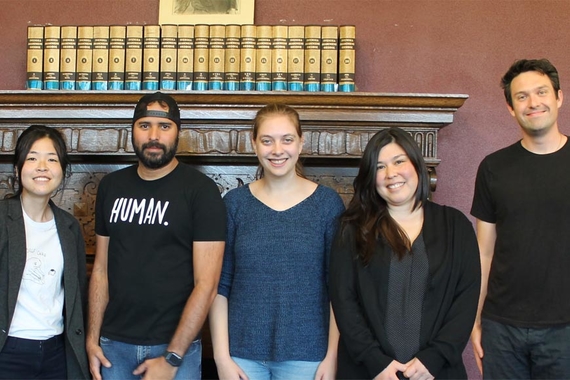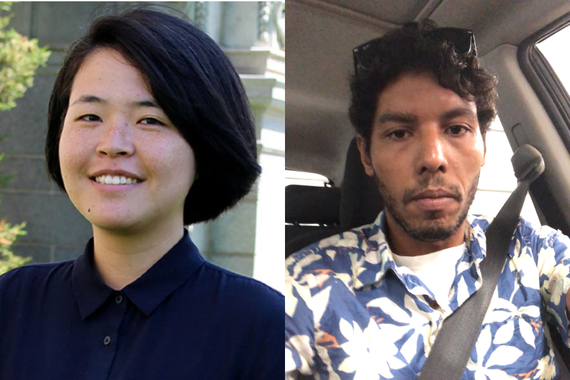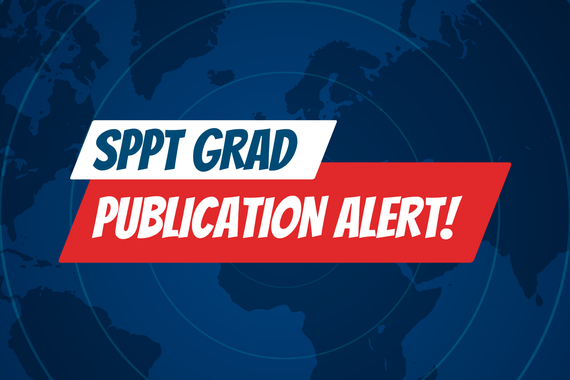Faculty Highlights: Prof. Beal Talks about Her New Book
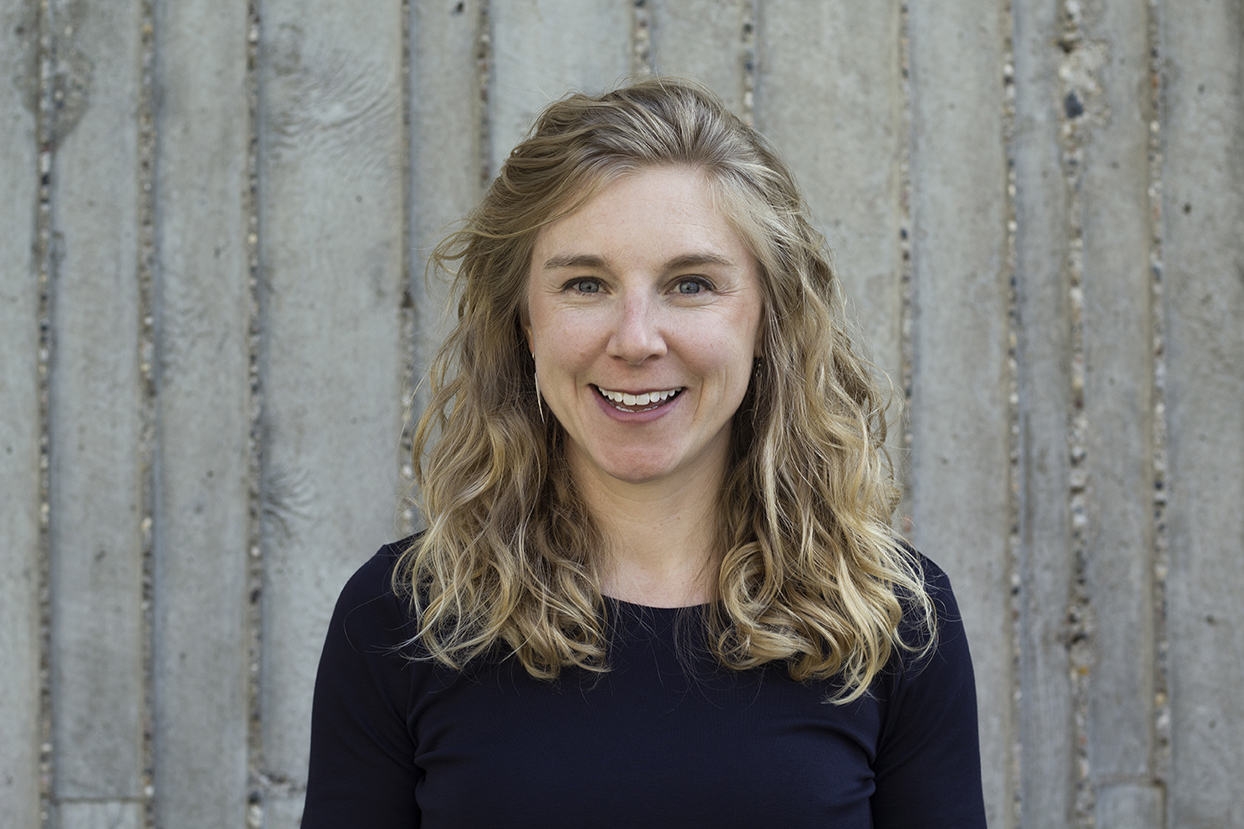
Associate Professor Sophia Beal joined the Department of Spanish and Portuguese Studies in 2012. Her work engages the intersections among Brazilian art, development, and social justice, and their implications for the construction of cultural meaning. Dr. Beal researches creative writing, film, and music that challenge entrenched understandings of who may represent particular sites and how.
Her book Brazil under Construction: Fiction and Public Works (Palgrave Macmillan, 2013) explored how Brazil invested in ambitious construction throughout the twentieth century, such as the creation of a new capital city and extensive networks of highways. Beyond their practical purposes, these public works became symbols of Brazil’s modernity. While actual public works literally connected the nation, it was the government’s representations of these projects that sought to inspire in its citizenry a notion of connectedness and progress. However, Brazilian fiction exposes the tensions between infrastructure built for the common good and the underbelly of public works: displacement, environmental devastation, uneven access, and exploitation. Fiction—with its mystery, contradiction, wordplay, and fantasy—displays the unprecedented role of public works in shaping perceptions of Brazil’s modernization.
Expanding to a global perspective, she co-edited an interdisciplinary special issue of Modern Fiction Studies in winter 2015 titled "Infrastructuralism." Underscoring how fiction from around the world is bound up with infrastructure, this volume revealed how the concerns addressed in her book transcend Brazil.
Much of Beal’s most recent work analyzes how, in the last decade, as Brazil’s population has become increasingly urban and as technology has facilitated social mobilization, many of the country’s artists have asserted their role as artist-activists whose work promotes social justice.
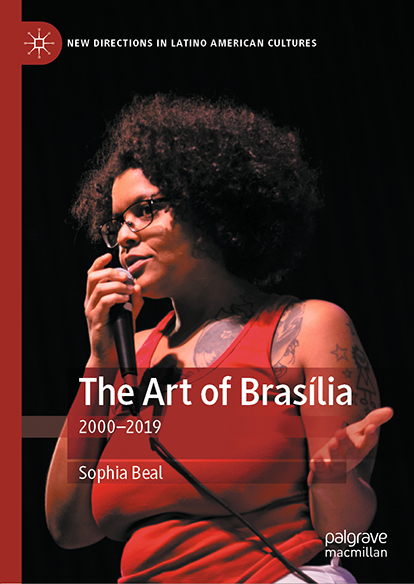
Her new book The Art of Brasília: 2000-2019 (Palgrave Macmillan, 2020), examines contemporary art in Brazil’s capital city. People from outside of Brasília often dismiss the city as a cultural wasteland. However, The Art of Brasília argues that this reputation is outdated. Brasília’s contemporary artists are transforming how people think about the city and how they use its public spaces. These twenty-first-century artists are recasting Brasília as a vibrant city of the arts in which cultural production affirms the creative right to the city of marginalized populations. Brasília’s initial 1960s art was state-sanctioned, carried out mainly by privileged white men. In contrast, the capital’s contemporary art is marked by its diversity, thus destabilizing norms about the types of art that can symbolize the city. This book investigates prose, poetry, film, cultural journalism, music, photography, graffiti, street theater, and street dance that demystify the capital’s inequities and imagine alternative ways of inhabiting the city.
A challenge for Brazilian literary studies in the last decade has been to radically expand the definition of “literature” to recognize the cultural value of creative writing beyond that published in books by the major Brazilian presses, which favor the work of white, middle- and upper-class male authors. In this vein, Dr. Beal’s research examines writing published in alternative presses, poetry recited in slams, and self-published books. She studies well-known artists alongside emerging artists to recognize how a diverse range of texts contest habituated views about identity and belonging.
